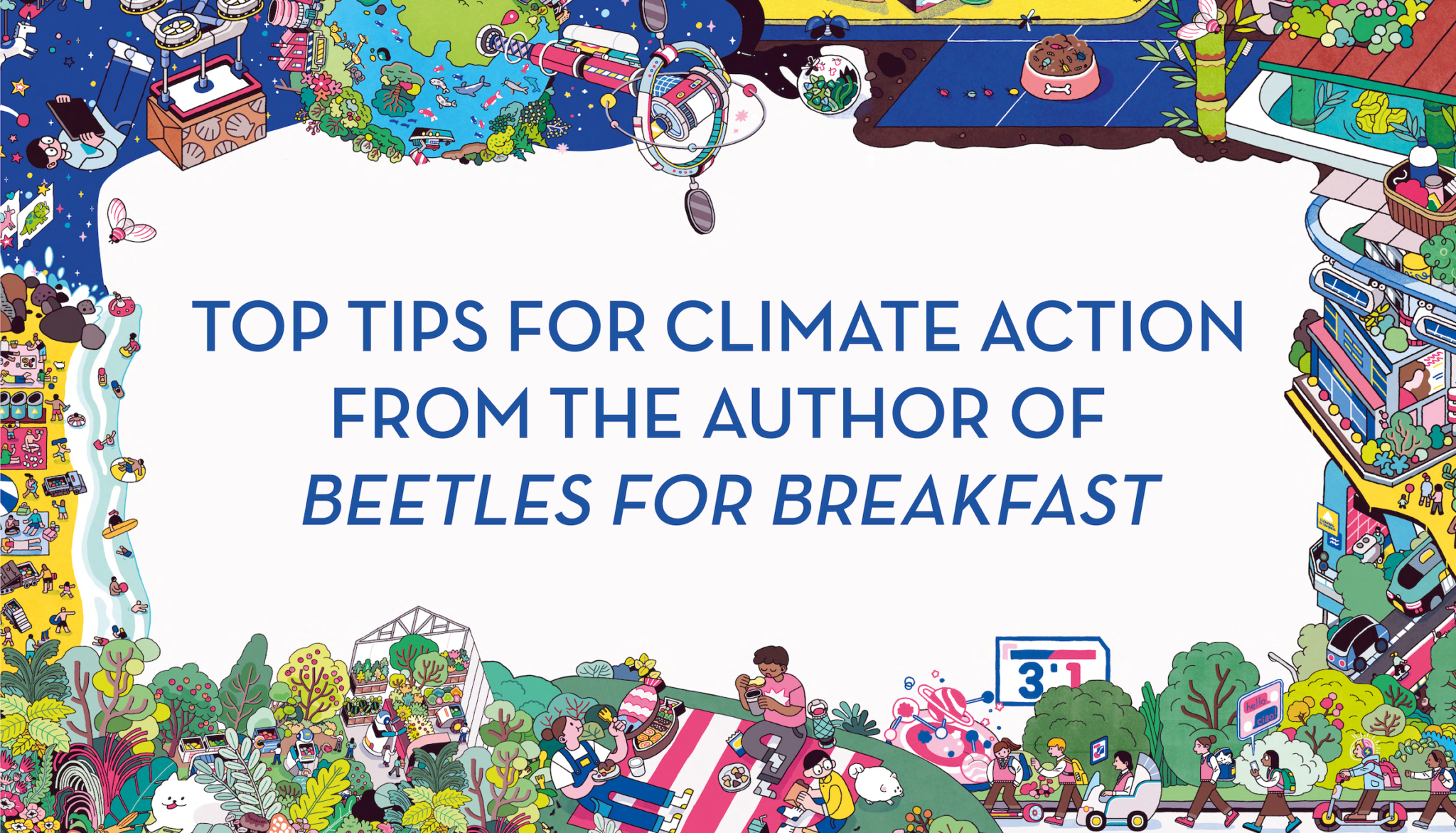
We invited the author of Beetles For Breakfast… and Other Weird And Wonderful Ways to Save The Planet, Madeleine Finlay, to share a guest blog of practical and achievable steps to turn your fears about the future of the planet into climate action…
The future is frightening. If the world continues to cut down forests, farm cows and sheep, and burn fossil fuels at the current rate, we are on track for around 3 degrees of warming by the end of the century. What does that look like? Think killer heatwaves and droughts, the Amazon rainforest turning into a savannah, and coastal cities destroyed by sea level rises and huge hurricanes. There would be far fewer places on the planet for humans and animals to safely live, and even smaller areas where we could successfully grow food.
Bearing all that in mind, it’s no wonder that young people are deeply worried about their futures. A new global survey found that 45% experienced feelings about the climate that affected their daily lives, and over half felt that humanity is doomed. This anxiety is unlikely to go away either – the Earth is going to continue to heat up, and across their lifetimes, young people will increasingly feel the effect of the climate crisis.
So, how to address these issues – and all the other environmental problems like biodiversity losses, plastic pollution, and clean air – whilst cultivating the enthusiasm, curiosity and care we need to tackle them?
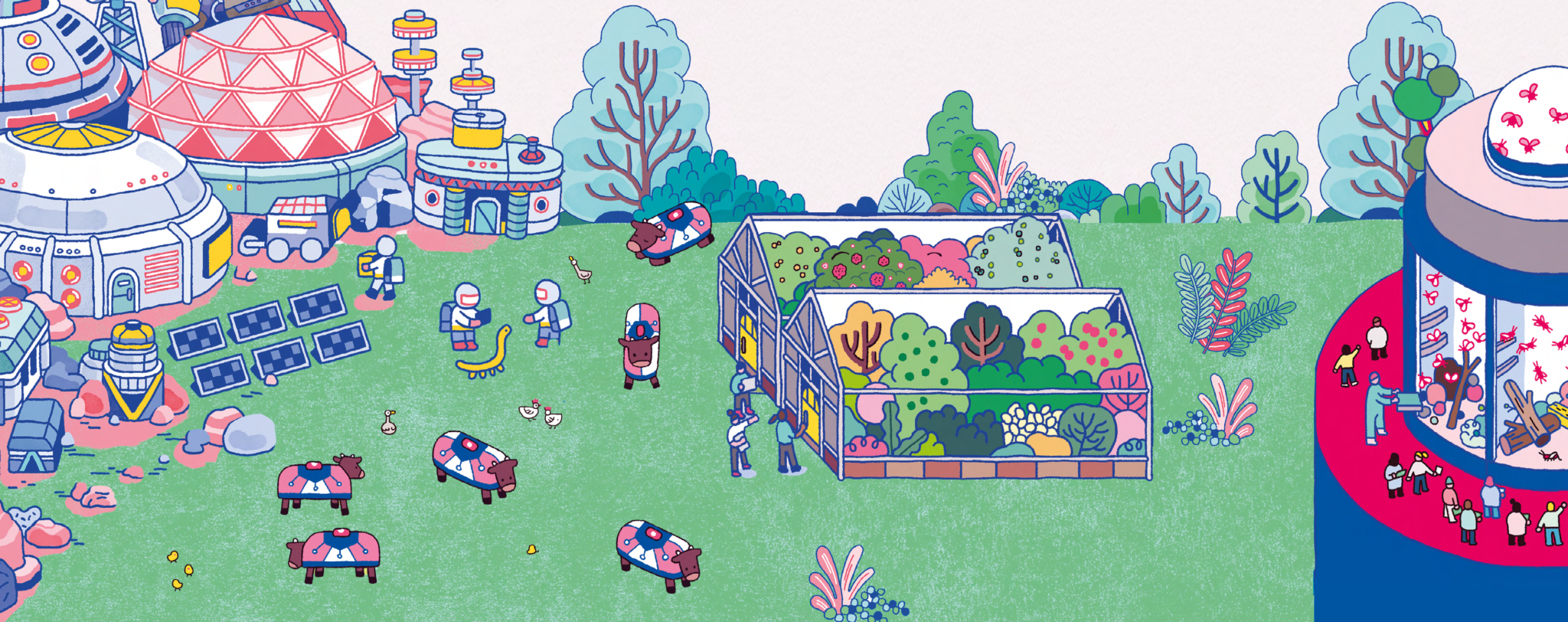
It’s one of the key questions I had in mind whilst writing Beetles for Breakfast, not least to save myself from a pit of despair! It led me and Flying Eye to explore what a futuristic, and more sustainable world might be like if we implemented some of the ideas that scientists, engineers, and some very smart children are coming up with today.
But, as we wait for woolly-mammoth-elephant hybrids to be brought back to the Arctic Tundra, energy from fused atoms, and our cities to be made spongy, there are plenty of things we can be getting on with now.
1. Run Wild
Around the world, projects to rewild and restore landscapes and ecosystems are underway. In essence this means allowing nature to do its thing, and sometimes reintroduce species of plants and animals that have been lost due to human activities. Now, you might not be in a position to welcome wolves and beavers into your local community, but it’s definitely worth thinking on a smaller scale.
In my case, that was leaving my garden to get a bit wild this summer (despite the dismay of my neighbour whose garden is extremely neat). I am not yet very good at gardening, so this was an ideal environmental solution for me. By leaving your plants to grow as they please, this can encourage insects, birds and maybe even bats to visit. Now we’re heading into Autumn, I have bigger plans – turning the grass into a wildflower meadow. I am hoping that the diversity of flowers and plants will eventually bring in even more bees, spiders, and beetles and I will be buying a bug hotel to accommodate my new guests in due course.
2. Clothes Swap
As we carefully step out of lockdowns, many of us will also be swapping tracksuits and pajamas for our more ‘outside’ clothes. It’s tempting to buy a whole new wardrobe and emerge into the world like a beautiful butterfly. But, instead of heading straight to the shops – why not ask your friends if they’re planning to clear anything out, and whether you could organise a swap? Alternatively, try buying second hand. There’s some good stuff out there – the jumper I own that gets the most compliments? £1 from a car boot sale.
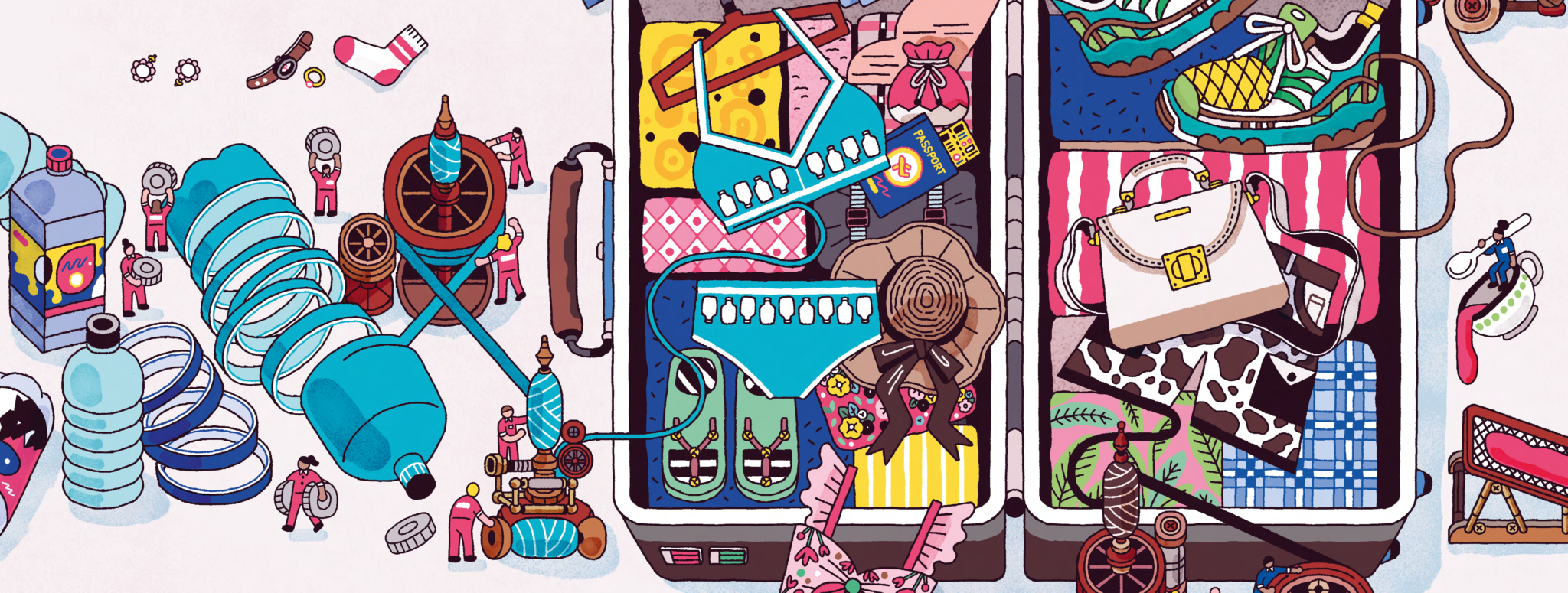
3. Get political
In November, the UN Climate Change Conference (COP26) is meeting in Glasgow, gathering together leaders, activists and scientists from around the world. Needless to say, it’s a big one. Almost every country is falling short of their current carbon emissions targets, and we’re running out of time to make the drastic changes required to stop us hitting that 3 degrees. In the run up, write to local and international organisations, your council or MP, and ask them what their environmental plan is for your area, or to reduce their carbon output. Then, demand they do more! Why not have a look to see what environmental groups and organisations are doing in your area, and get involved. Finally, join the young people fighting for what they can save – striking, campaigning, and marching!
4. Think how you travel
Now we’re allowed out of our houses, a lot more of us will be travelling again. Whether it’s the commute, a trip to see friends and family, or a holiday abroad, it’s worth considering how you’re getting there (and back). If you can cycle or walk it’s a double benefit – good for you, good for the planet. Trains are excellent if you can afford them, and if you are heading on holiday, a brilliant way to see more of the countries you’re passing through and visiting.
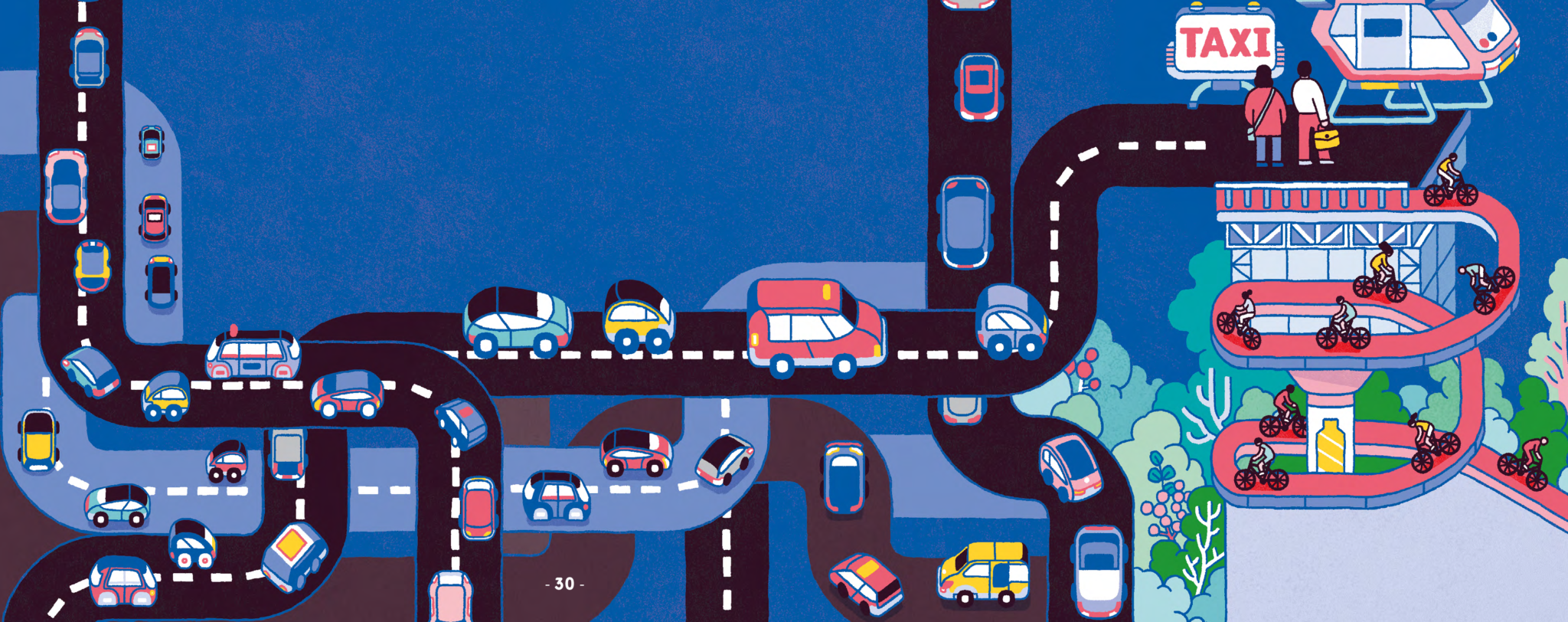
There’s tons more ideas in Beetles for Breakfast to inspire you and any young people in your life to redirect anxiety into action. And remember, if you’re feeling overwhelmed or paralysed by the stats – no step is too small if it’s heading in the right direction!
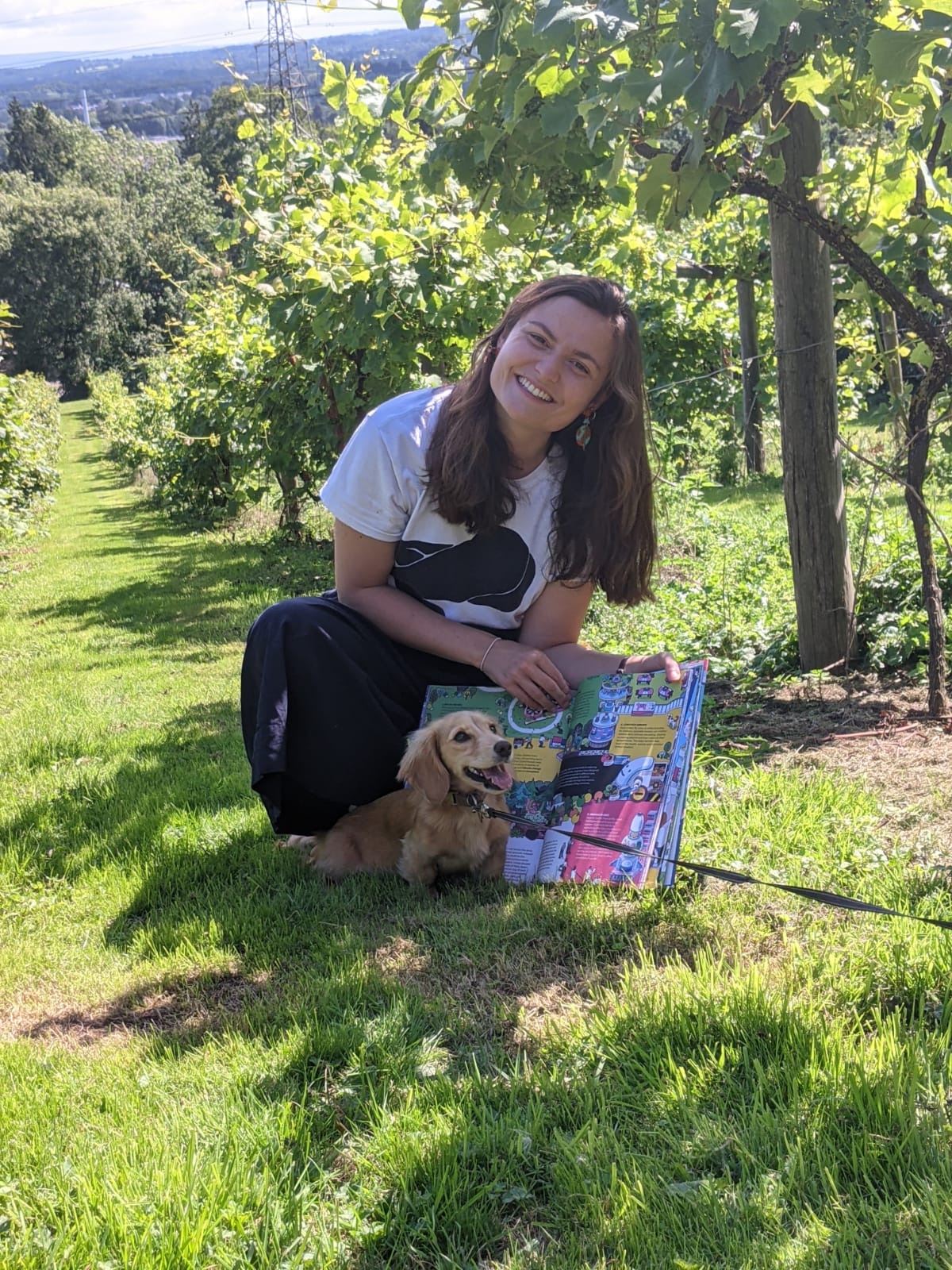
Madeleine Finlay is a writer, audio producer and presenter, specialising in science
She’s worked on podcasts at the Guardian, BBC World Service, and Radio 4. She is the author of Beetles For Breakfast, about the science and technology that could help us lead more environmentally friendly lives.
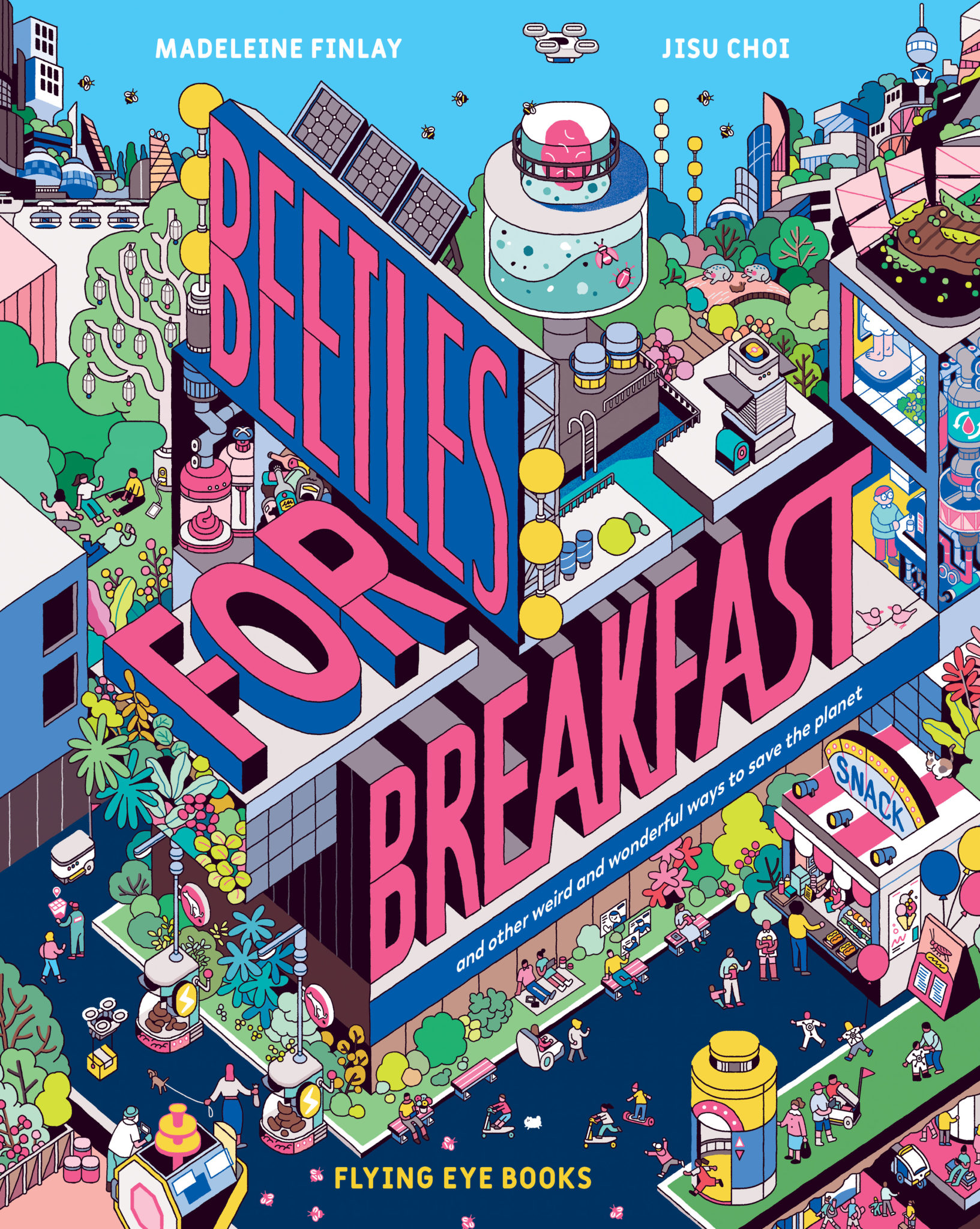
Beetles For Breakfast …and other weird and wonderful ways to save the planet
Madeleine Finlay & Jisu Choi
Learn all about the exciting and strange inventions that could be part of normal life in the future with a mixture of infographic-style artwork from Jisu Choi and topical, funny facts from scientist Madeleine Finlay.